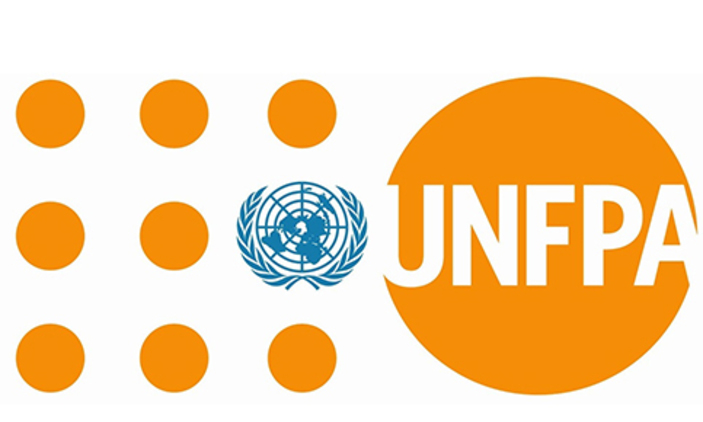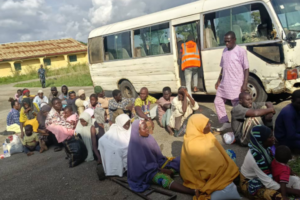United Nations Population Fund, has said that child marriage has remained an impediment to achieving Demographic Dividend in Nigeria.
Regional Director for West and Central Africa, Dr Mabingue Ngom made this known while fielding questions at the News Agency of Nigeria Forum in Abuja.
According to UNFPA, DD is the economic growth potential that can result from shifts in a population’s age structure.
This can occur when the share of the working-age population (15 to 64) is larger than the non-working age share of the population (14 and younger).
The UNFPA regional director noted that the most under-appreciated, yet highly effective areas of investment a country could give to its citizens was its reproductive health.
He added that if we continue to marry off young girls at the age of 13 and younger, there would be no way the country would harness the benefits of DD.
“This is the right time to invest in women and young girls as it will reduce infant, child and maternal deaths.
“If we support, engage and invest in young girls, we will improve productivity and prosperity for generations to come.
“We need to keep our young girls in schools, help them have access to voluntary family planning services so that they can make informed choices.
“Young girls need accurate, unbiased information and healthcare free from judgment, which is essential for them to realise their full potential.
“But as long as we continue to marry them at the age of 13, they will end up having 10 to 15 children which could lead to Fistula.
“In turn, they will not be able to contribute meaningfully to the development of the country and Africa at large,” he cautioned.
Ngom pledged that UNFPA would continue to work with religious and community leaders especially in the North Eastern and North Western parts of the country where the practice was common.
He explained that partnering with these gatekeepers would ensure that the message against child marriage get to the right population.
“We cannot leave this task for the government or few international partners to fight.
“It must be taken as a collective challenge,” the official said.





